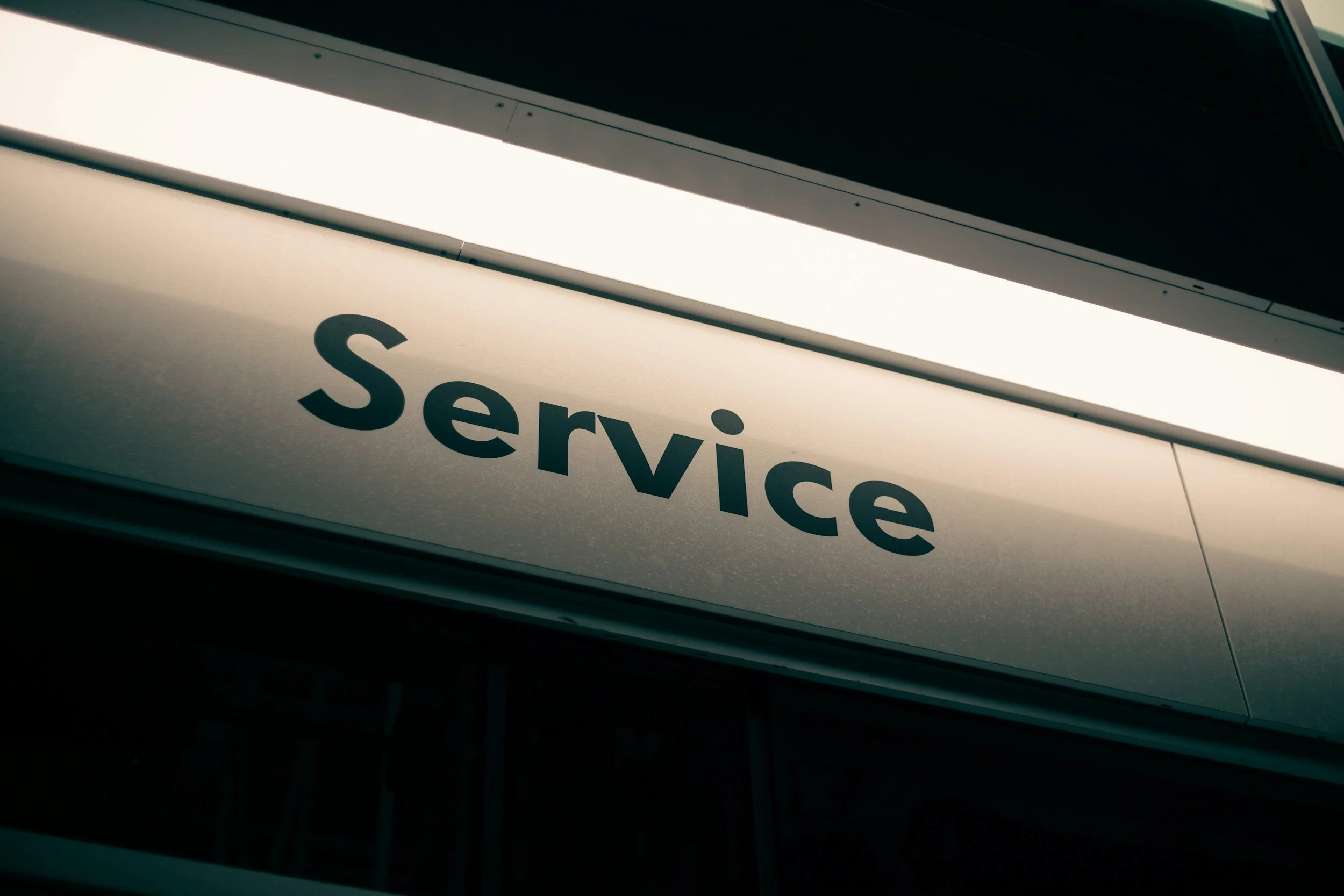Respite care is a vital service that provides temporary relief for family caregivers, ensuring that their loved ones continue to receive professional, high-quality care while they take a break. For Adult Family Homes (AFHs), offering respite services can be a valuable way to support families, expand services, and establish a steady stream of new residents.
Our goal is to help make your job a little bit easier by providing the exact assistance you need.




















